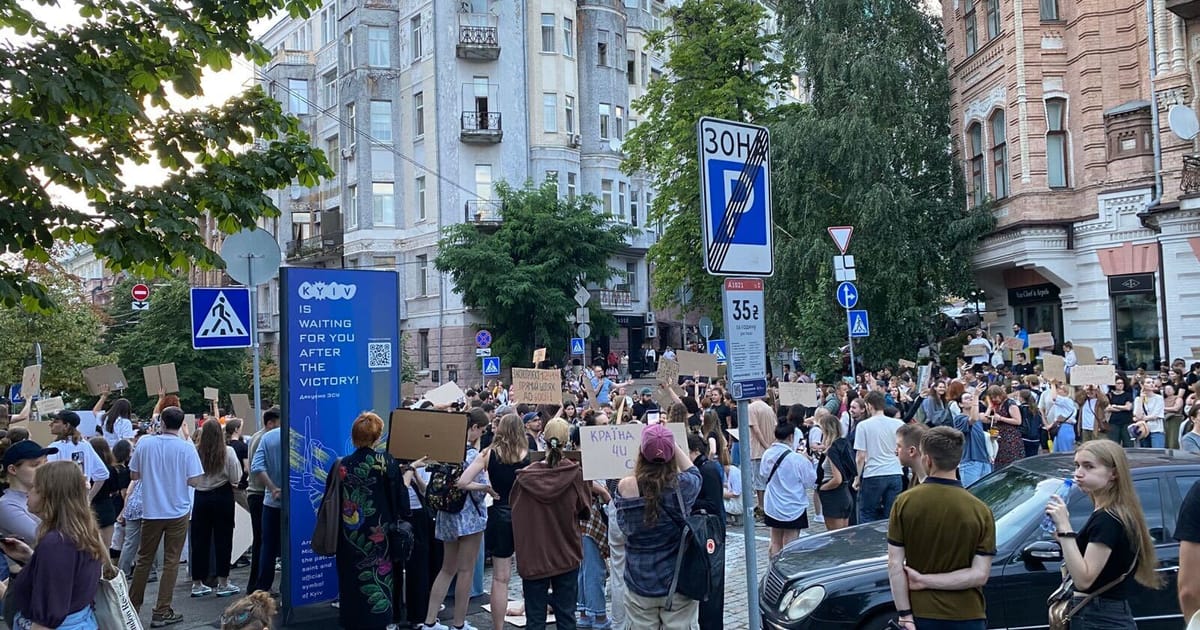

In recent days, the global stage has been marked by escalating tensions and pressing humanitarian challenges. Amidst ongoing conflicts, particularly in Ukraine and Gaza, there is a strong call for peace and support for those affected by these crises.
In Ukraine, public unrest is growing after President Volodymyr Zelenskyy approved a law targeting corruption watchdogs. This development has sparked protests in Kyiv, marking the first major demonstrations since Russia’s extensive invasion in 2022. These demonstrations underscore the deepening discontent with the government’s approach to corruption and transparency, as citizens gather to express their concerns in a unified voice.
The Middle East is similarly fraught with difficulties. Humanitarian organizations, including prominent groups like Doctors Without Borders, Save the Children, and Oxfam, have issued urgent warnings regarding the dire situation in Gaza. They describe severe and spreading starvation as the Israeli blockade continues to restrict aid access, creating what they term an environment of “chaos and death.” These agencies, collectively numbering over 100, stress the urgency of allowing humanitarian assistance to flow freely to avert further suffering.
Irish Premier Micheál Martin has publicly called for the cessation of hostilities in Gaza, finding the images of famished children deeply disturbing. His appeal reflects a growing international demand for increased humanitarian aid to alleviate the suffering of civilians, emphasizing the need for immediate action to address these critical needs.
Simultaneously, Iran’s president has made a strong statement about the nation’s readiness to engage in conflict with Israel if required. This announcement comes in the wake of a recently concluded 12-day conflict, signaling a robust stance on military readiness that could further strain regional tensions. Moreover, Iran remains steadfast in its commitment to continue developing its nuclear program, further complicating diplomatic efforts in the region.
As if these developments weren’t complex enough, Ukraine continues to navigate the precariousness of its conflict with Russia. As the two nations prepare for a third round of negotiations scheduled in Istanbul, Turkey, Russian authorities have launched attacks on critical Ukrainian infrastructure. These military actions cast a shadow over diplomatic discussions, signaling ongoing volatility in the region despite calls for resolution and peace.
The global situation highlights the intricate web of political, humanitarian, and military challenges that require thoughtful, coordinated responses from the international community. As these tensions continue to unfold, the interconnectedness of our world stands as a reminder of the critical importance of seeking diplomatic solutions and providing humanitarian aid, ultimately fostering a more peaceful and stable global environment.
Source: {link}
